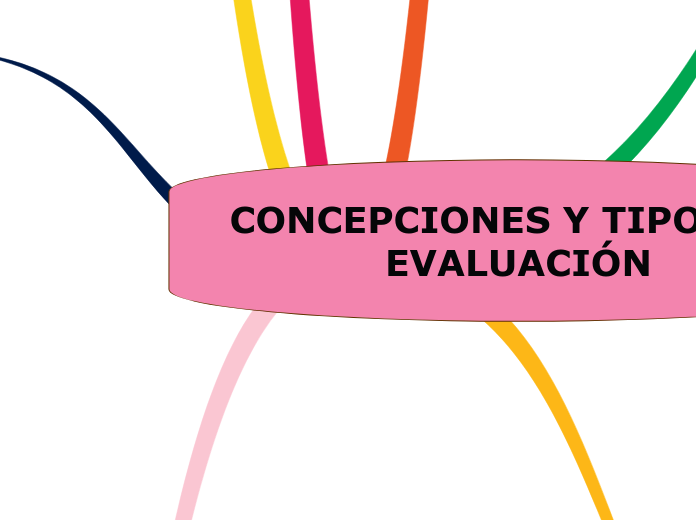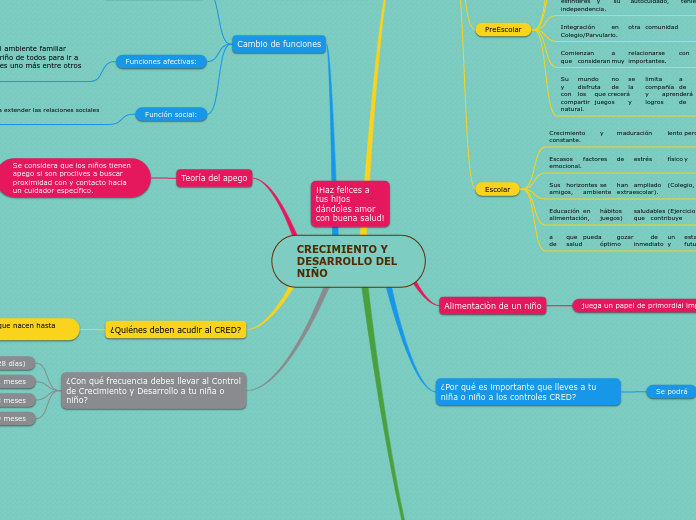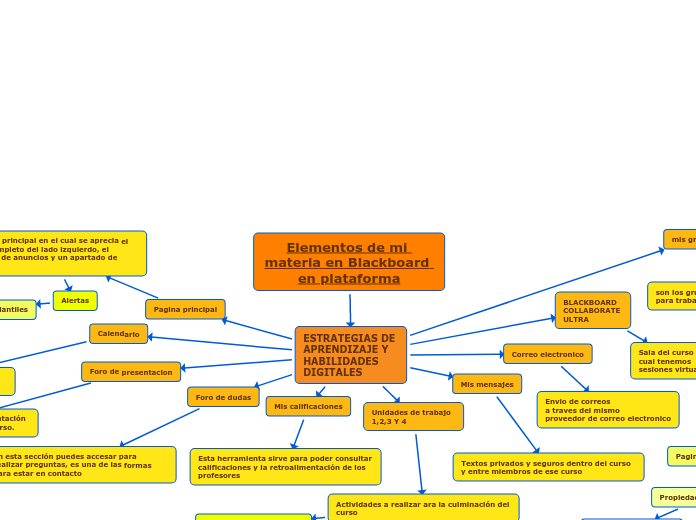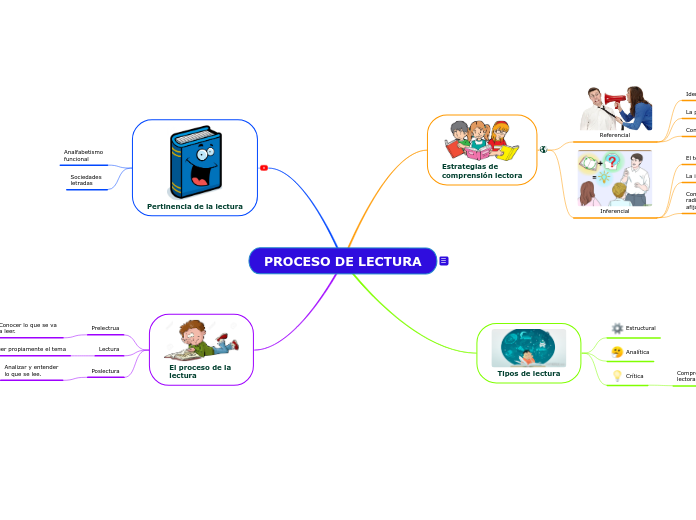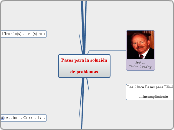DOCENTE: DR. MARÍA ELIZABETH ZAVALETA CHANG
ESTUDIANTE: AMANDA ABANTO QUIROZ
TEMA: CONCEPCIONES Y TIPOS DE EVALUACIÓN
CONCEPCIONES Y TIPOS DE EVALUACIÓN
Type in the name of the book you have read.
TIPOS DE EVALUACIÓN
POR SU NORMOTIPO
Ideográfica
Criterial
Normativa
POR EL MOMENTO DE APLICACIÓN O
TEMPORALIDAD
Inicia
POR LOS AGENTES
Héteroevaluación
POR SU EXTENSIÓN
Parcial
Global
POR SU FINALIDAD O FUNCIÓN
Sumativa
Diagnóstica
EVALUACIÓN
Type the names of the book characters. Start with the main character.
Draw arrows to represent the relationship between them and if it is possible write on them what they represent for each other (if they are relatives, friends, lovers, enemies etc.)
EVALUACIÓN PARA EL APRENDIZAJE
Conoce como mejora su aprendizaje.
Comprende metas y estándares.
Fomenta la motivación
extrínseca
intrínseca
Sensible y constructiva
Desarrollar habilidad profesionales
Práctica en escenarios educativos
¿Cómo aprenden los estudiantes?
Martínez (2020)
Tomar decisiones
Retroalimentar oportunamente
Necesidades
Realiza durante el proceso.
Aprendizaje
EVALUACIÓN DEL APRENDIZAJE
Anijovich y Gonzales (2011)
Mejorar el aprendizaje
Reflexionar
Retroalimentar
Diagnosticar
What are the characteristics that best describe the character? Type them here.
CONCEPCIÓN DEL APRENDIZAJE
Diaz Barriga y Hernández (2010)
"Aprender a hacer"
Práctica
Construcción de significados
CONCEPTOS
Jornet (2009) - Citado Leyva (2010)
Tomar decisiones y mejorar
Estrategias de aprendizaje.
Comprender la realidad
Sistemático de indagación.
Sanmartín (2009)
Proceso
Toma de decisiones.
Realidad.
Emite juicios de valor.
Recoger y analizar.
información
EVALUACIÓN POR COMPETENCIAS
PRINCIPIOS
Intersubjetiva, dialógica y tiene control de calidad
Descubrimiento o reflexión
Descriptiva
Elemental
Aspectos esenciales del aprendizaje
Cualitativo y lo cuantitativo
Criterios para el desempeño en el contexto
Proceso metacognitivo
Tobón (2006)
Metacognición
Evidencias
Criterios
FASES DE EVALUACIÓN
Fase 7 :
Retroalimentación
Fase 6 :
Formulación de conclusiones y presentación de resultados
Fase 5 :
Análizar
Fase 4 :
Recoger
Fase 3 :
Elaboración
Fase 2 :
Determinación
Fase 1:
Planteamiento
CARACTERISTICAS
DCN
Participativa
Heteroevaluación
Coevaluación
Autoevaluación
Flexible
Ritmos y estilos de aprendizaje
Subtopic
Sistemática
Técnicas
Instrumentos
Procesal
Final
Durante
Inicio
Integral
Axiológica
Afectiva
social
Intelectual
BLANCO - 1996
Ética
Democrática
Contextualizada
RUIZ – 1996
Libre
Colectiva
Conocida
Canalizada o
focalizada
Rigurosa
ROTGER - 1989
Cooperativa
Decisoria
Continua
Formativa
Integrada
